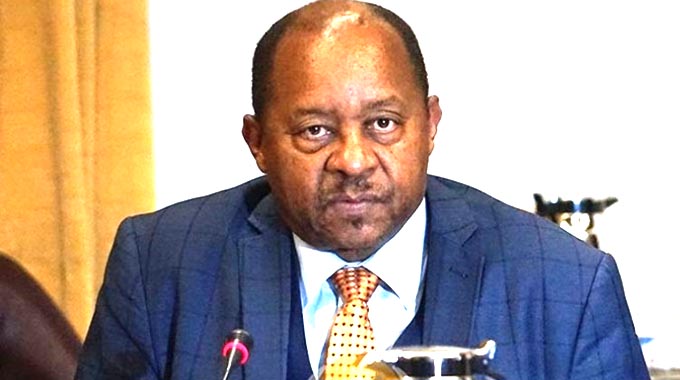Africa in call to remove medicines red tape

Paidamoyo Chipunza in VICTORIA FALLS
African countries must remove registration bureaucracies in medicine approvals without compromising quality to improve on availability and accessibility of the much-needed medicines, Health and Child Care Minister Dr Obadiah Moyo has said.
Addressing over 300 delegates from 41 African Union member states attending the 4th biennial Scientific Conference on Medical Products Regulation in Africa (SCoMRA) taking place in Victoria Falls, Dr Moyo yesterday said approvals of medical products took at least two years.
He said the period was too long and discouraged pharmaceutical investments even in the manufacturing sector.
“The current registration process is too long; it takes at least two years. African countries can share information because a product assessed in one country can still be used in another country,” said Dr Moyo.
Presently, each country has its own requirements for approving medicines.
This means the same product is required to go through multiple and sometimes similar assessments in each African country, thereby delaying access by the population.
Dr Moyo said apart from the tedious registration process, some regulatory authorities were under-resourced, again leading to a long registration process.
He said due to the weak regulation framework in some member countries, the continent was faced with the threat of substandard, fake and counterfeit medicines.
“It is therefore important to build capacity for medicines regulation in Africa as well and enhancing local production of pharmaceuticals to counter these challenges and ensure our population has timely access to safe and effective good quality medicines,” said Dr Moyo.
He said the process of harmonising this legal framework started a decade ago with the inception of the African Medicines Regulatory Harmonisation (AMRH) initiative.
In his keynote address, Professor Kelly Chibale from the University of Cape Town said Africa was not an attractive destination for pharmaceutical investment.
He described the regulation processes as “unpredictable” and a “turn-off” to investors.
Prof Chibale said there was need to review regulation processes, that it is, frequent need for inspections and samples and move towards innovative approaches based on science and supporting data for regulatory decision- making.
“Such a shift in mindset will also make reliance and harmonisation more effective and eliminate redundancy and unnecessary delays in review and approval processes,” said Prof Chibale.
Started in 2009, the AMRH initiative is an AU programme developed to address African challenges that include weak or non-coherent legislative frameworks, redundant and duplicative processes, inefficiency and limited technical capacity.










Comments